Digital border governance: a human rights based approach
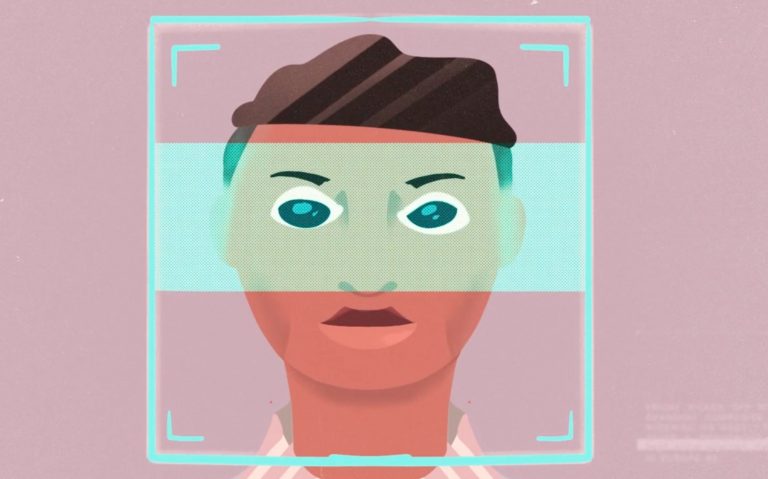

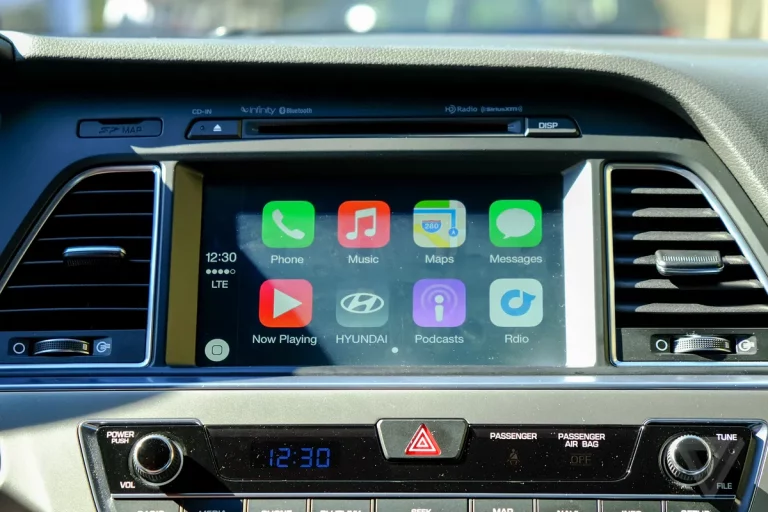
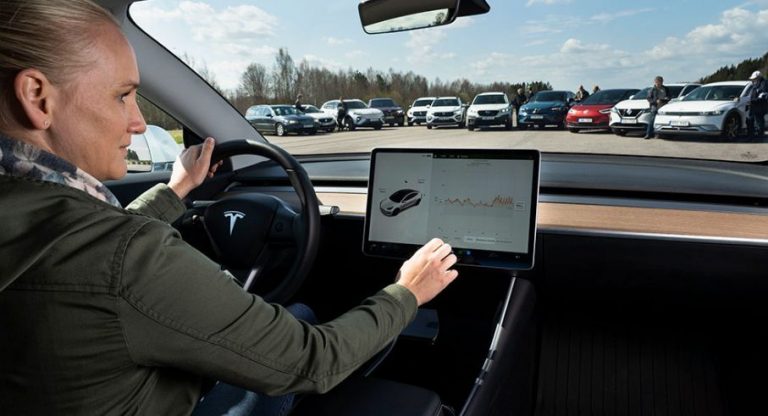
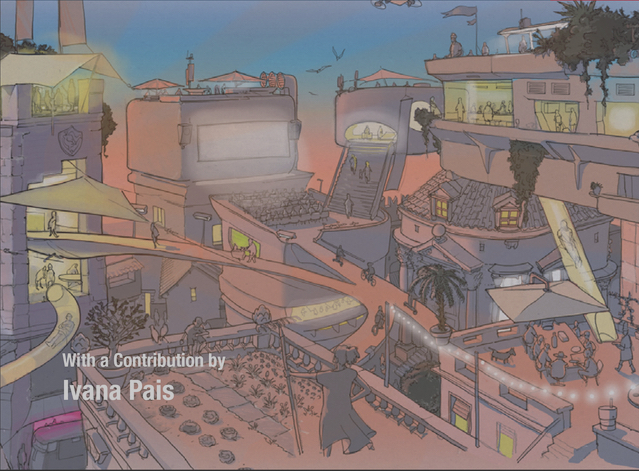
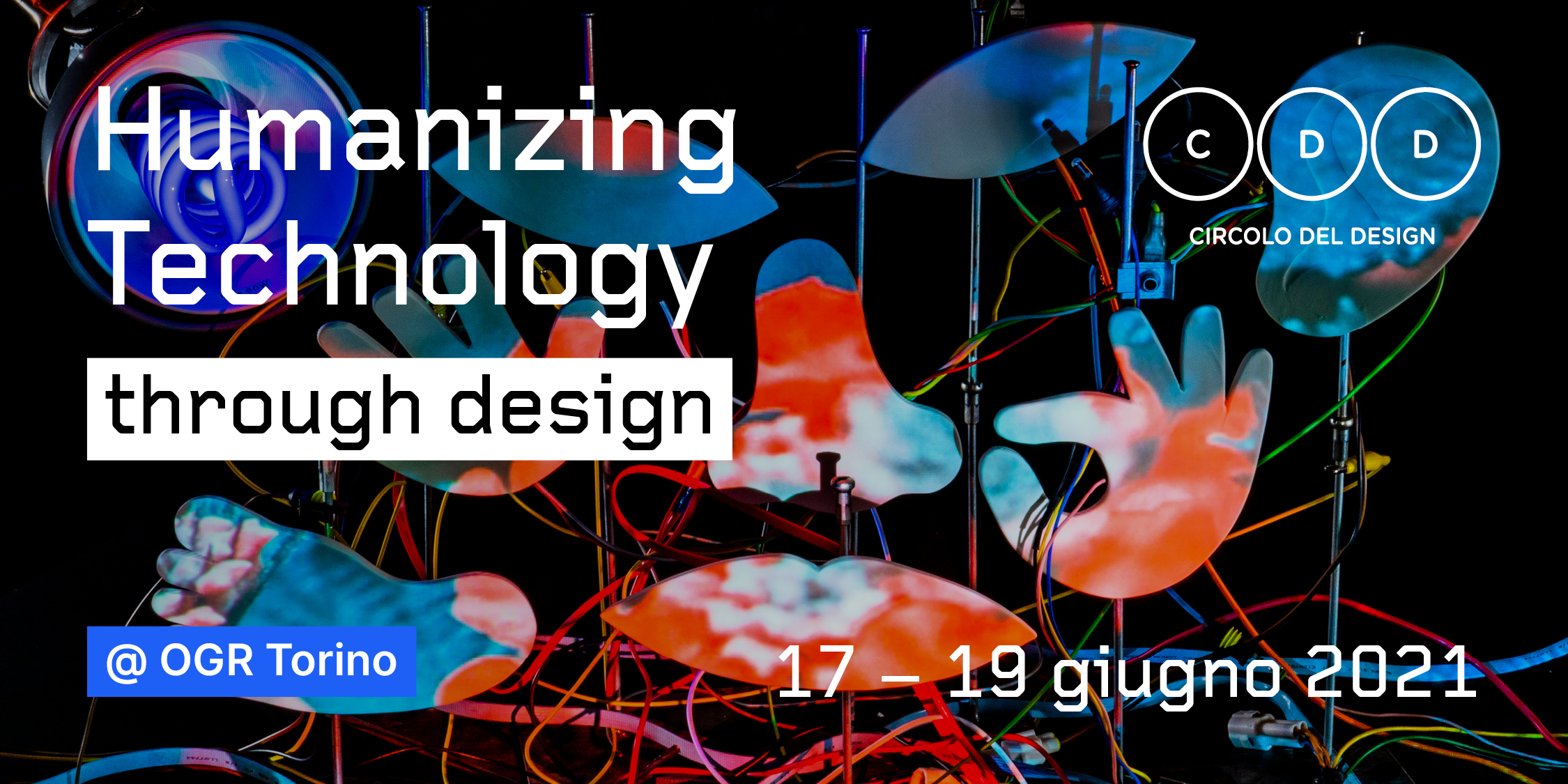

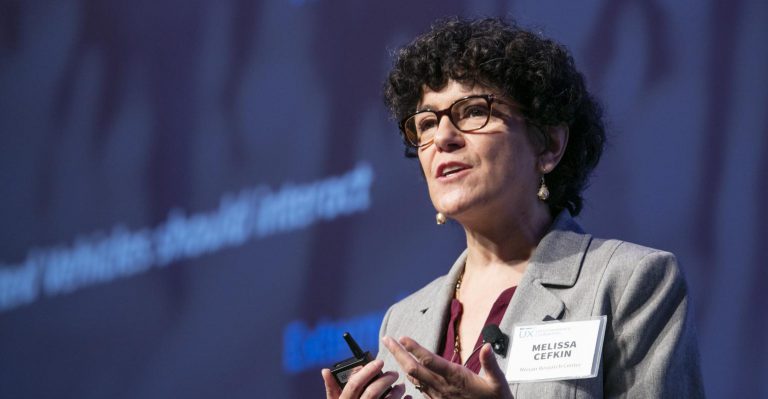
Just about every automaker in the world is enlisting experts from a variety of fields outside engineering and design to help them develop autonomous vehicles. One of the best known is Nissan’s Melissa Cefkin. Her official title is principal researcher-Human…
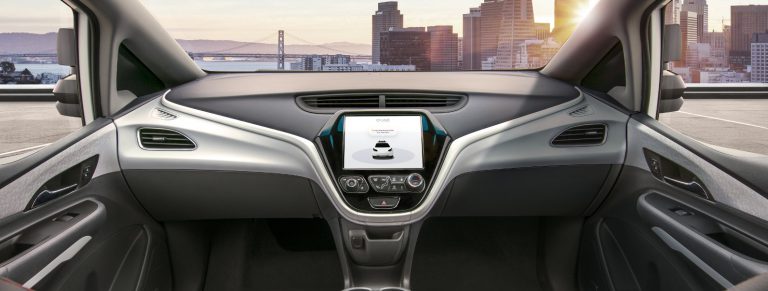
Driverless Cars: On A Road to Nowhere Christian Wolmar London Publishing Partnership Jan 2018, 136 pages Driverless cars are the future. That is what the tech giants, the auto industry and even the government want us to think. Almost daily…

The introduction of autonomy into urban environments creates a unique opportunity to do things differently. This, writes Maya Pindeus (CEO and co-Founder of Humanising Autonomy) requires us to encourage a human-centered perspective towards urban mobility and to step away from…
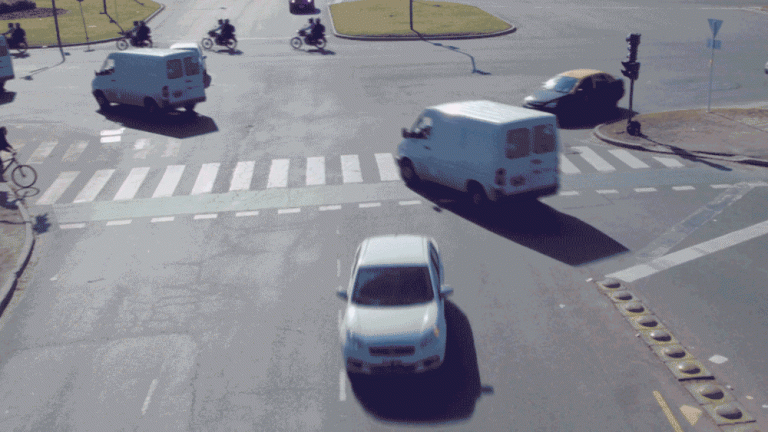
Two excellent Medium articles by the people of Humanising Autonomy, a London based startup that works towards a vision of intuitive interactions between autonomous systems and people: Child-Friendly Autonomous Vehicles: Designing Autonomy with all road users in mind November 14,…
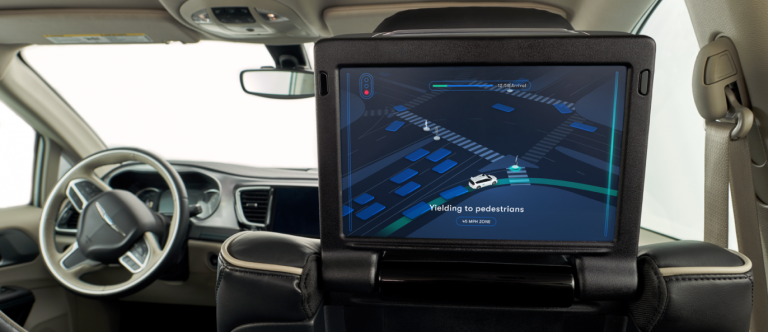
Waymo —formerly the Google self-driving car project— is investing a lot of time and effort on building out the user experience of its self-driving vehicles, which includes both the external and internal user-facing features of its autonomous cars. This includes…
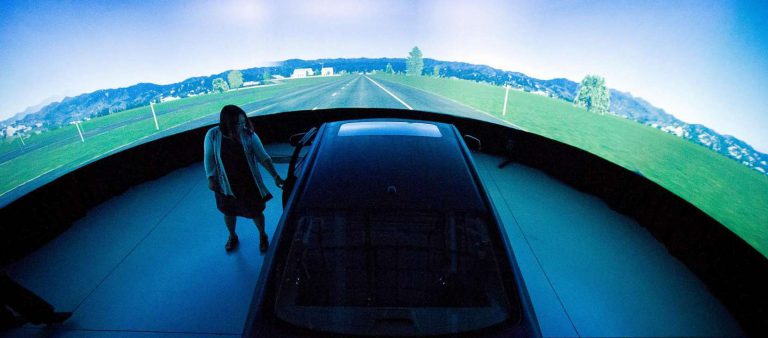
For all the intricate technology required for autonomous cars — the sensors to replicate eyes and ears, the computers and algorithms to serve as the car’s brains, the high-definition 3-D maps to guide them — there’s another factor that computer…
“If self-driving cars are going to achieve their promise as a revolution in urban transportation—delivering reduced emissions, better mobility, and safer streets—they will have to exist on a level playing field with the humans who already use those roads. They…

Reposted from Medium Beyond the engineering challenge of creating cars that drive themselves lies the social challenge. Before autonomous cars are ready to navigate our roads, they must be able to navigate the vastly more complicated nuances of human behaviors…

Matt Yurdana of Intel’s IoT Experiences Group discusses Intel’s insight on passenger experience in the age of autonomous transportation. The intimate nature of autonomous vehicles will most likely lead to a significant rethinking of vehicle interiors, he writes, in particular…
During the futurist panel at the 2017 Automotive News World Congress, Rachel Nguyen, executive director of Nissan’s Future Lab, said understanding what the consumer wants will help brands define their experience. One method Nissan utilizes: ethnographic studies of consumers. “The…

The Digital Ethnography Research Centre (DERC), part of RMIT University, focuses on understanding a contemporary world where digital and mobile technologies are increasingly inextricable from the environments and relationships in which everyday life plays out. DERC excels in both academic…

Aggressive drivers are looking forward to sharing the road with autonomous cars as they believe they can cut in front of them easily. This is how Peter Campbell summarised in the Financial Times one of the key conclusions of a…
From a Nissan press release (dated August 10, 2016) One profession you might not expect to find at the design table — anthropologist — is playing a key role in developing Nissan’s next generation autonomous vehicle, analyzing human driving interactions to ensure that it…
Michael Thomas of Ford Motor Company argues in a thoughtful personal piece that User Experience design is greatly enhanced by establishing classical ethnographic methods as foundational for defining the domain of design intervention. How can UX account for subjective, positively…